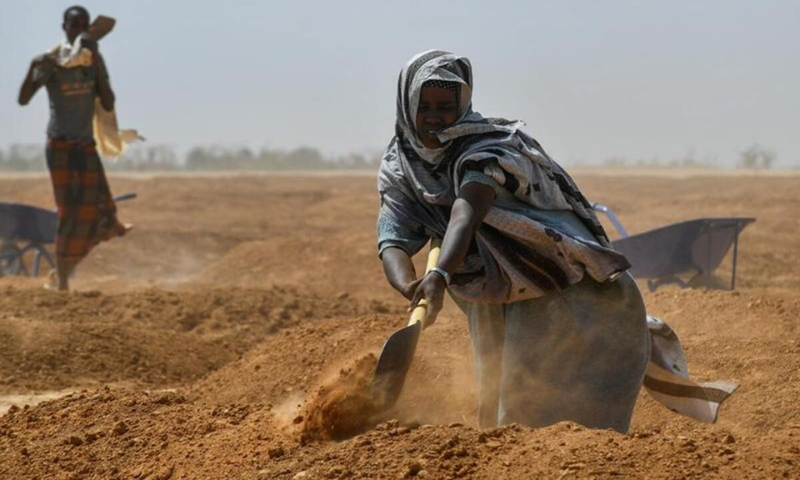DAKAR, Senegal: A recent study by the World Weather Attribution (WWA) group has attributed the deadly heatwave that struck Africa’s Sahel region in early April to “human-induced” climate change. The heatwave, which engulfed Mali and Burkina Faso from April 1 to April 5, brought temperatures soaring above 45 degrees Celsius and resulted in numerous fatalities.
According to observations and climate models utilized by researchers at WWA, the intensity of the heatwave in March and April 2024 would have been impossible without the global warming of 1.2°C experienced to date, which is directly linked to human activities like burning fossil fuels.
While high temperatures are typical in the Sahel during this period, the study indicated that the April heatwave would have been 1.4°C cooler if not for human-induced warming.
The report characterized the five-day extreme heat as a once-in-a-200-year event, cautioning that such trends will persist with ongoing global warming.
The severity and duration of the extreme heat contributed to a rise in fatalities and hospitalizations in Mali and Burkina Faso, despite local populations being accustomed to high temperatures, noted the WWA.
Due to limited data availability in the affected areas, the exact number of deaths remains uncertain. However, the WWA estimated that hundreds, if not thousands, of heat-related casualties likely occurred.
The Sahel region’s countries have struggled with drought since the 1970s, interspersed by times of heavy rain starting in the 1990s.
This diminishing access to water and grazing land, compounded by agricultural expansion, has disrupted the livelihoods of pastoral communities and fostered the rise of armed groups, which have expanded their control across vast territories in Mali, Burkina Faso, and Niger.
The findings underscore the profound impact of climate change on vulnerable regions like the Sahel, emphasizing the urgent need for mitigation strategies and global cooperation to address the escalating risks associated with extreme weather events.























